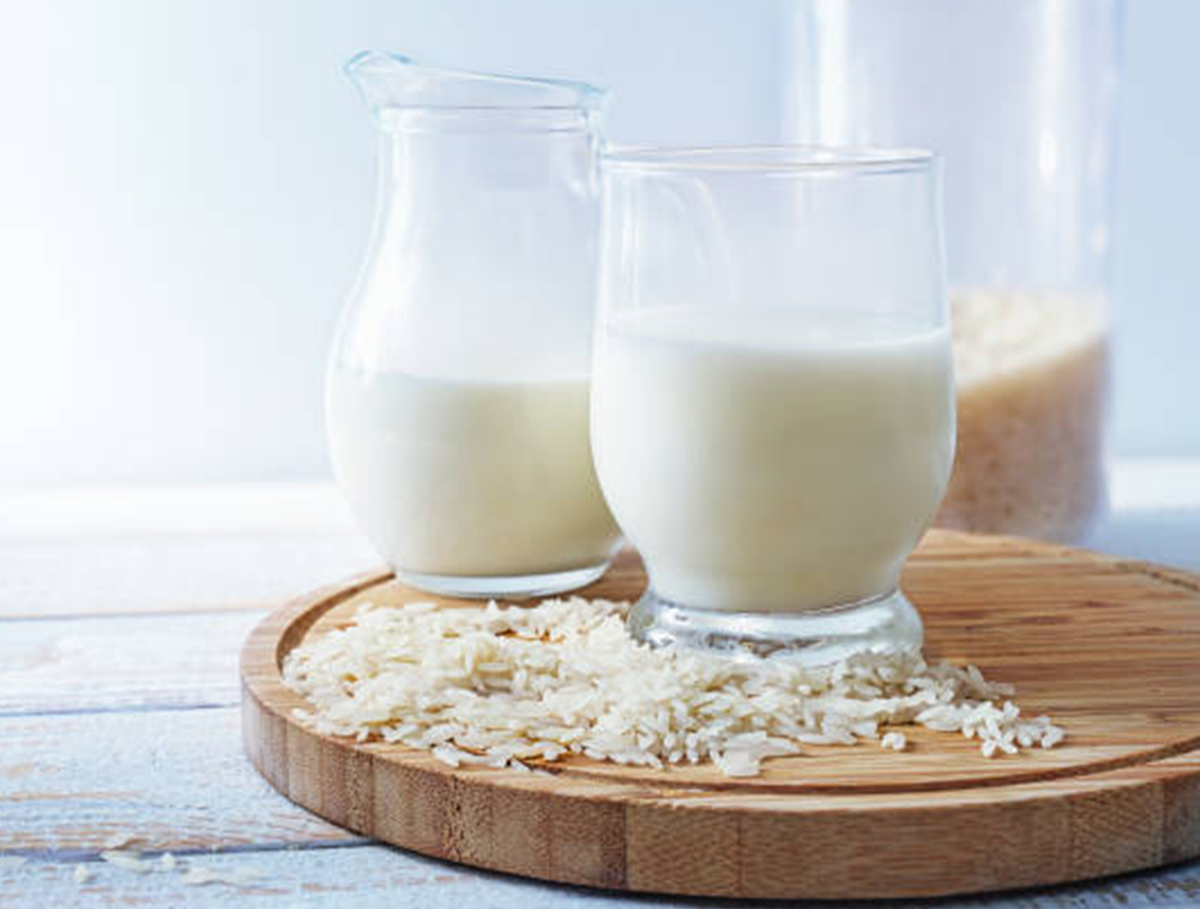August 2022
Jacqui Lewis - BHSc Nutritional and Dietetic Medicine
Which Type of Milk is Best For You?

To say there are different kinds of milk available at the grocery store is an understatement.
Every time we pick up the staple for our fridge, there's another version of a milk product on the shelves.
We're sure you asked yourself, "Oat milk? How did that even become a thing?"
To eliminate confusion below is a breakdown of all the different kinds of milk and their unique benefits.
Good Old Fashioned Dairy Milk
Milk straight from the cow is packed with nutrients including calcium, phosphorus, vitamin B, potassium, and vitamin D. Low-fat or fat-free milk is also a source of protein.
While these carry over to provide the same health benefits of full cream milk, drinking full-fat milk is not recommended for Bariatric patients (unless it's just a splash for coffee or part of a Bariatric recipe). This is because regular milk has much more fat and calories than its fat-free or low-fat versions.
Studies show dairy products may prevent osteoporosis and bone fractures, so it's in your best interest to incorporate cow's milk into your diet for bone health!

Hemp Milk
A plant-based milk, hemp milk, is made from hemp seeds. Like dairy, hemp milk is a source of complete proteins containing all nine essential amino acids. Hemp seeds contain arginine, which produces nitric acid and helps heart health. Its fiber content also aids in healthy digestion and satiety.
Soy Milk

Soy milk health benefits make up a long list! Not only does soy milk provide a similar amount of protein as dairy milk, but it also contains all nine essential amino acids your body needs. It also contains calcium and iron, which help keep your bones strong and helps to prevent osteoporosis.
Coconut
Made from coconut flesh and water, this type of milk has a creamier texture than dairy milk and is also paleo-friendly. Coconut milk is rich in vitamins C and E, which are antioxidants. It is high in iron which helps to prevent anemia and contains zinc, which lines the stomach and prevents digestive issues. Coconut milk has also been shown to increase HDL cholesterol levels- the healthy cholesterol.
Almond Milk
You may wonder… what is almond milk made out of, for real? Yes, it's made from almonds. This plant-based alternative is much lower in calories than traditional dairy milk.
However, some versions contain lots of added sugar, so check the label to be sure it's unsweetened. Rich in vitamin E, this antioxidant can help lower the risk of severe health conditions linked to obesity, such as heart disease and cance

Cashew Milk
Cashews and water are combined to create mildly sweet milk but a decadent substitute for dairy milk. This drink is heart-healthy. It's high in polyunsaturated and monounsaturated fatty acids - the healthy fats - which help reduce your risk of heart disease, which is linked to obesity. Cashew milk is also high in potassium and magnesium, which also boosts heart health. Like other non-dairy milk options, purchase an option with no added sugar.
Rice Milk

An excellent option for those with digestive sensitivities because rice milk has shown to cause the least amount of allergic reactions out of all non-dairy milks. Rice milk ingredients include white rice or brown rice and sometimes added flavors or sweeteners.
The calcium in rice milk is essential for bone health. Rice milk has a similar taste to dairy milk, so it can be used in the same recipes in which you would use milk, such as smoothies or cereal.
Oat Milk
Initially gaining popularity in coffee shops, oat milk has a mild flavor but has a thicker consistency than other milks, which is why it makes a great addition to your morning cup of joe. It is an excellent source of vitamin B12, which Bariatric patients often lack.
Oat milk is also fortified with vitamin D, essential for bone health. Studies also show that oat milk helps reduce LDL levels (bad cholesterol). Like the other non-dairy milk options, manufacturers make versions with a lot of added sugar, so be sure to select an unsweetened flavor.
There you have it - eight types of milk to choose from. Depending on your nutrient, vitamin, caloric, or suitable old taste buds' needs, you can't say there's a shortage of milk options!